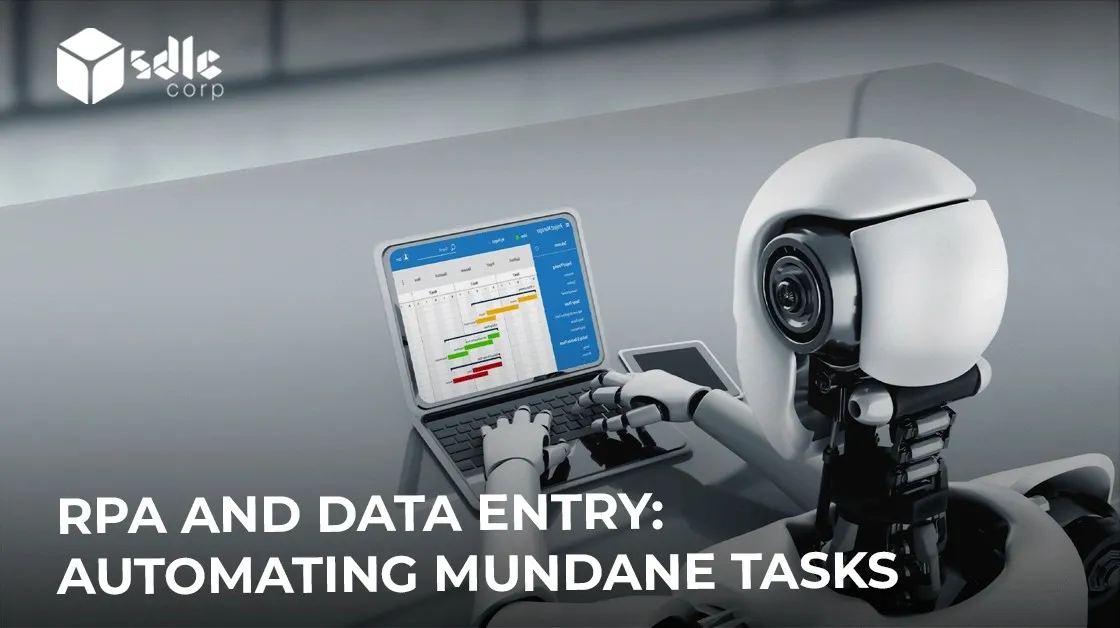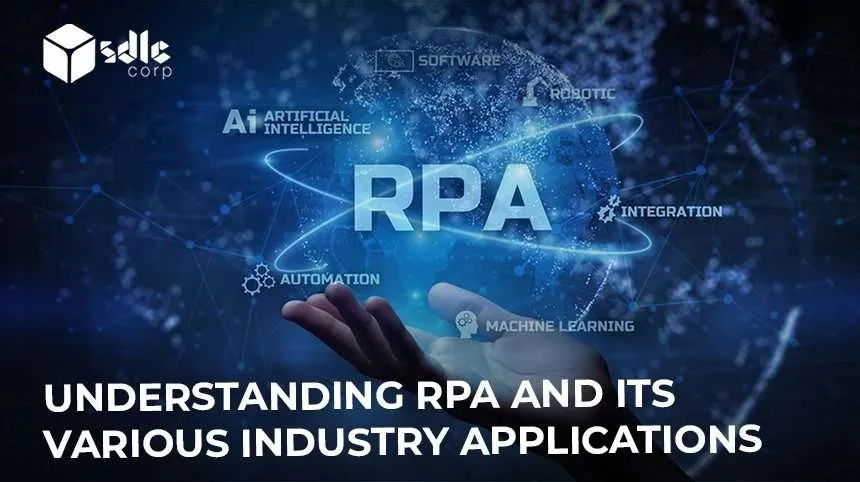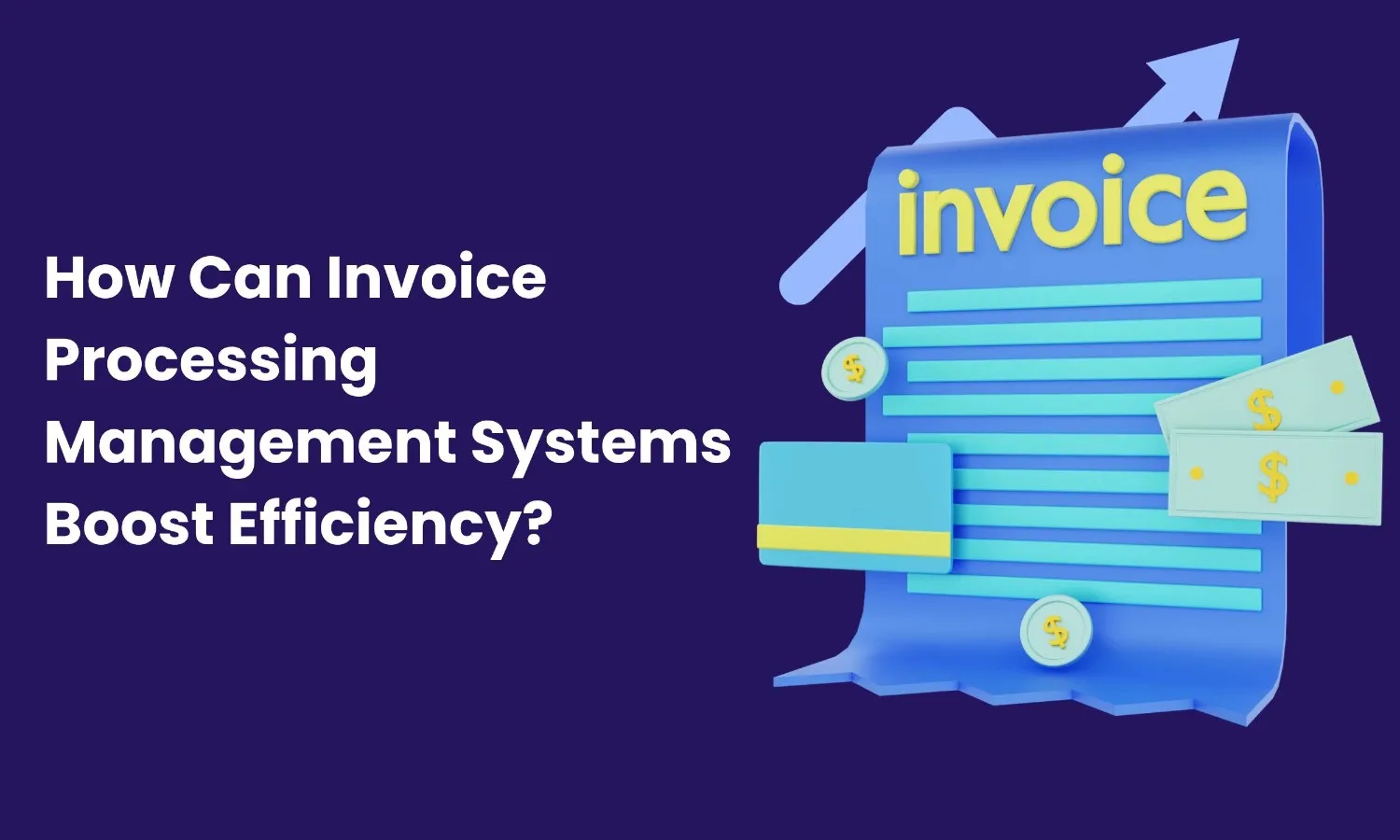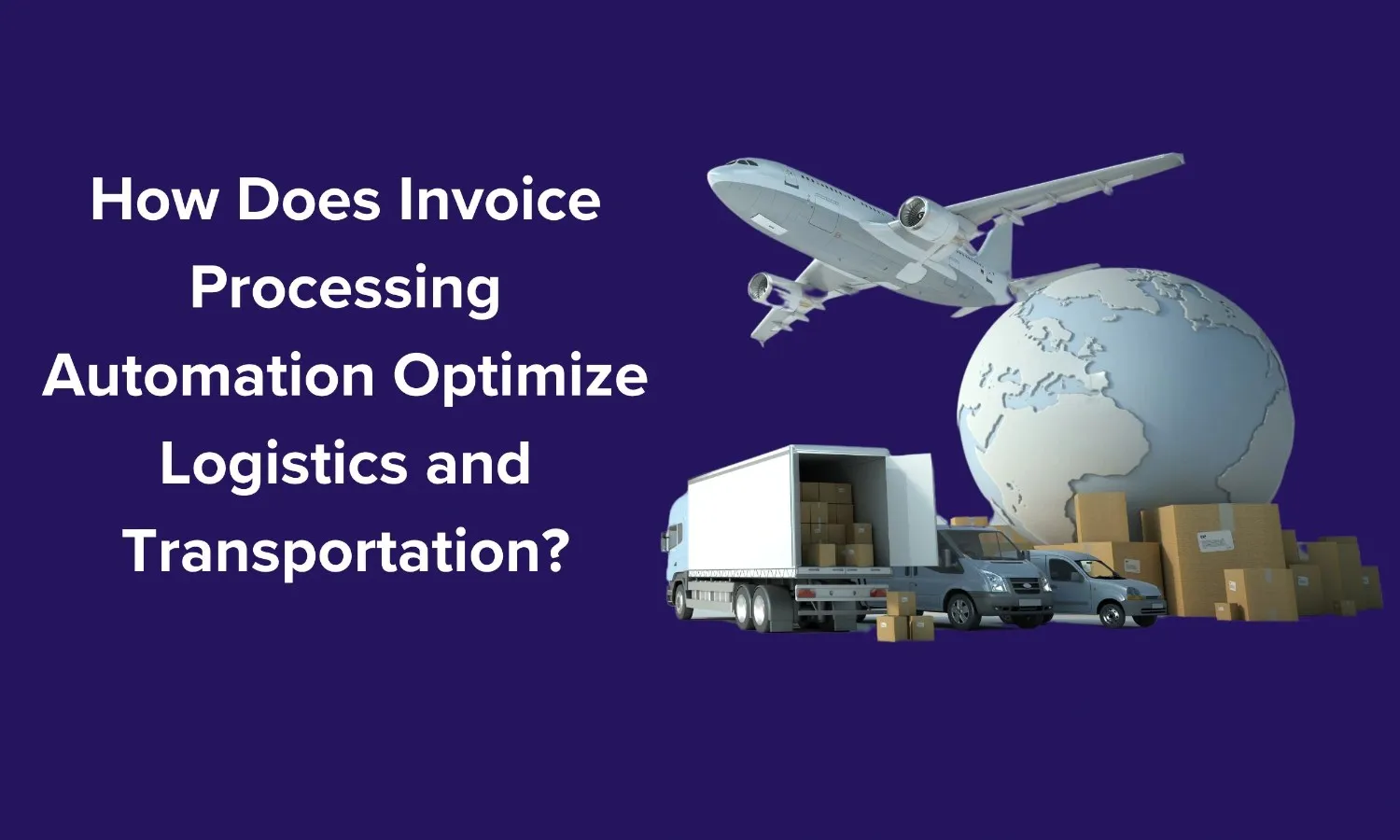introduction
RPA and Process Improvement: Robotic Process Automation (RPA) technology rapidly changes businesses’ operations. RPA uses software robots or “bots” to automate routine and repetitive tasks, allowing employees to focus on higher-level work that requires creativity, problem-solving, and critical thinking.
Imagine yourself in a crowded kitchen, attempting to make a multi-course meal for a large dinner party. You have a recipe book full of directions, but you’re also juggling multiple pots and pans on the stove, ensuring the timing of each dish is perfect, and coordinating with your sous chef. It’s a lot to keep track of!
This situation is similar to businesses’ difficulties when attempting to streamline processes and improve efficiency. Automation technologies such as workflow automation and RPA can help relieve stress and simplify chores.
One of the essential advantages of RPA is its ability to improve workflow processes. By automating repetitive tasks, RPA can reduce errors, speed up processes, and free up employees to focus on more complex and strategic work.
In this blog, we’ll explore how RPA can be used to automate workflow processes and improve overall efficiency.
What Exactly is Workflow Automation?
Revolutionize Workflow: Automate with RPA for Process Improvement!

Identifying the Right Processes to Automate
The first step in using RPA to improve workflow processes is identifying the right strategies to automate. To do this, businesses should thoroughly analyze their current processes to identify areas where RPA could have the most impact. This analysis should include the following:
1. Identifying repetitive and routine tasks that are currently performed manually.
2. Evaluating the frequency and volume of these tasks.
3. Assessing the potential impact of automating these tasks on overall business processes and outcomes.
4. Analyzing the costs and benefits of implementing RPA for these processes.
Once businesses have identified the most suitable processes for automation, they can begin designing and implementing RPA solutions. (Read more about RPA and Project Management: Streamlining Project Delivery)
Explore our other insights!

RPA and Cybersecurity: Ensuring Data Protection
Introduction Robotic Process Automation (RPA) has been gaining widespread adoption in recent years thanks to its ability to

RPA and Data Entry: Automating Mundane Tasks
Introduction RPA for Data Entry: In today’s digital age, businesses constantly seek new and innovative ways to improve

Understanding RPA and its Various Industry Applications
Introduction RPA Industry Applications: Robotic Process Automation (RPA) is an innovative technology that automates mundane, repetitive tasks and
Designing RPA Solutions for Workflow Processes
Designing an RPA solution for workflow processes involves several key steps:
1. Defining the process flow involves mapping out the current process flow and identifying areas where RPA can be introduced to automate tasks.
2. Identifying the inputs and outputs consists in identifying the data inputs and outputs required for the process and designing a data flow that integrates with existing systems.
3. Developing the RPA solution consists in developing the software robot or “bot” to automate the process. This can be done using RPA software tools that provide pre-built modules and drag-and-drop interfaces.
4. The RPA solution should be thoroughly tested and verified after it has been developed to ensure it meets the desired performance metrics and integrates with current systems without any issues.
5. Implementing and scaling the solution: The RPA solution should be implemented and scaled across the organization to achieve maximum efficiency gains.
Transform Processes: Elevate Efficiency with RPA Automation!

How Do RPA and Workflow Automation Work Together?
According to Gartner, by 2024, 69% of the work presently done by managers will be fully automated. Without question, businesses are increasingly utilizing automation technologies to reap the benefits.
Using a workflow automation application eliminates communication breakdowns that cause delays and errors. In addition, employees can manage their job with little supervision because processes are standardized and automated.
If, on the other hand, you use RPA bots to further automate the process by automating specific tasks within the workflow, such as data entry or invoice processing, you will save even more time and money.
RPA bots finish assignments a fifth of the time that humans do, allowing employees to concentrate on more strategic work that requires human intelligence.
As a result, companies anticipate that RPA and workflow automation will bring higher accuracy, increased productivity, fewer errors, and improved operational efficiency.
Benefits of RPA for Workflow Processes
Implementing RPA solutions for workflow processes can bring a wide range of benefits, including:
Improved Efficiency:
RPA can automate routine tasks, allowing employees to focus on more complex and strategic work, improving overall efficiency.
Reduced Errors:
By automating everyday tasks, RPA can reduce the likelihood of errors and improve data accuracy.
Faster Processing Times:
RPA can process data and complete tasks much faster than humans, reducing processing times and improving overall throughput.
Improved Compliance:
By automating routine compliance duties and lowering the possibility of human error, RPA can help guarantee compliance with regulations and policies.
Increased Scalability:
RPA solutions can be scaled quickly and efficiently to meet changing business needs, allowing businesses to adapt to new challenges and opportunities.
Here Are Some Statistics and Analytics Related to RPA and Process Improvement
1. The worldwide RPA market was estimated to be worth USD 1.1 billion in 2020, and from 2021 to 2028, it is anticipated to expand at a CAGR of 32.8%.
2. A study by McKinsey & Company found that organizations can achieve cost savings of up to 20-30% by automating their processes using RPA.
3. In a survey of 300 executives conducted by Deloitte, 53% of the respondents reported that they had implemented RPA in their organization, and 72% of those who have implemented RPA said that they had seen ROI within a year.
4. According to a report by Forrester, the ROI of RPA can be up to 300% in the first year and up to 800% in the third year.
5. study by HfS Research found that the top benefits of RPA implementation are improved process efficiency (86% of respondents), cost reduction (59% of respondents), and improved accuracy (57% of respondents).
6. Another study by Everest Group found that organizations that have implemented RPA have seen an average reduction of 40-50% in processing time and a 25-50% reduction in costs.
7. One of the first sectors to embrace RPA was the healthcare sector. According to a MarketsandMarkets report, the RPA market in healthcare will expand at a CAGR of 25.6% from 2020 to 2025.
8. According to a survey by UiPath, the top industries that are adopting RPA are banking and financial services (43% of respondents), healthcare (36% of respondents), and manufacturing (33% of respondents).

Conclusion
RPA is a powerful technology that can automate workflow processes and improve efficiency. By implementing the best automation strategies, businesses can remain ahead of the curve and succeed in a rapidly changing business environment, designing and implementing RPA solutions and benefiting from improved efficiency, decreased errors, quicker processing times, improved compliance, and increased scalability.
FAQs
1. What is RPA?
Robotic process automation (RPA) is a technology that uses software robots to automate tedious and repetitive chores in a workflow process. (Read more about Understanding RPA and its Various Industry Applications)
2. How can RPA improve workflow processes?
RPA can enhance workflow processes by automating time-consuming, repetitive duties, decreasing errors, and increasing effectiveness, freeing employees to concentrate on higher-value work.
3. What types of tasks can be automated using RPA?
Tasks such as data entry, form filling, data extraction, validation, report generation, and other rule-based tasks can be automated using RPA.
4. What are the potential challenges of implementing RPA?
Potential challenges of implementing RPA include the need for specialized skills to develop and maintain the software robots, integration with existing systems, and proper governance and control to manage the automation.
5. How do you determine which tasks to automate using RPA?
Repetitive, time-consuming, and rule-based tasks are good candidates for automation using RPA. A thorough analysis of the workflow process can help identify areas where RPA can provide the most benefit.



